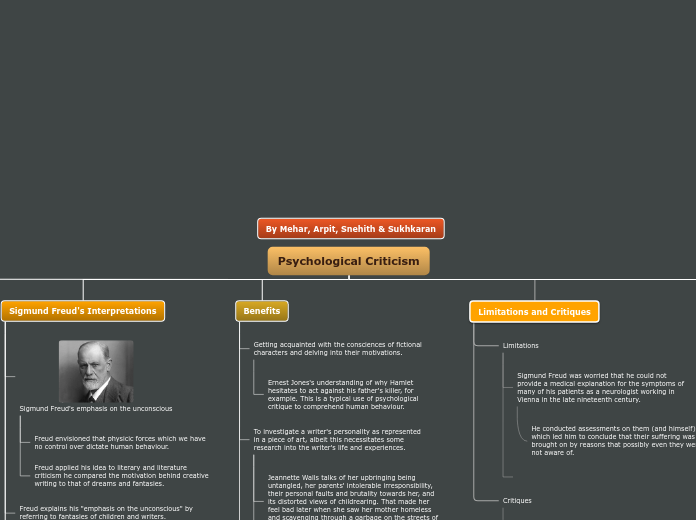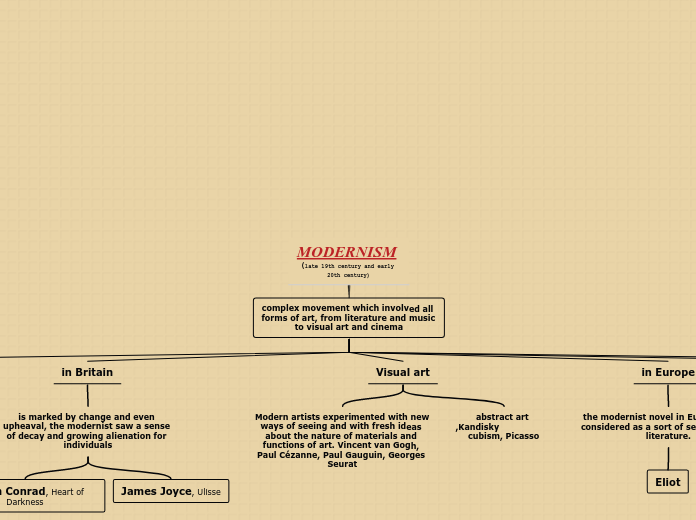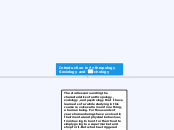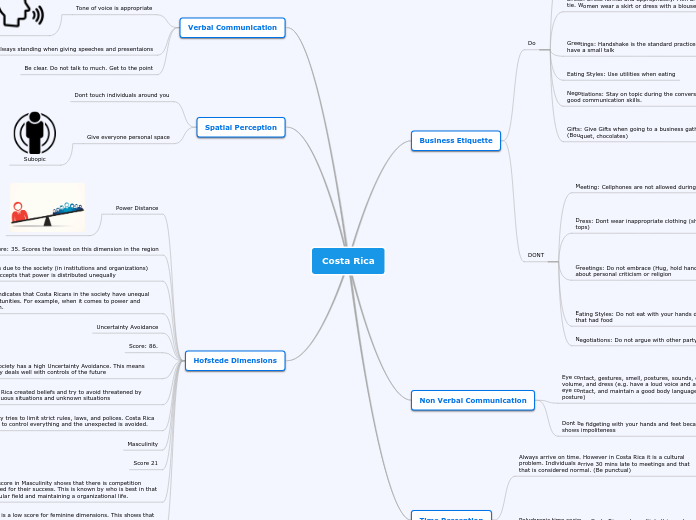By Mehar, Arpit, Snehith & Sukhkaran
Psychological Criticism
Other Literary Critics
French Psychoanalyst Jacques Lacan
Extended psychoanalytic criticism from the individual domain to the social realm.
According to Lacan, any text provides insights not only into our personal psyches but also into the psyche of our society.
American Scholar Norman N. Holland
He asserted that each of us responds differently to a literary work because we all have different identity themes that we seek out.
1910 - Psychiatrist Ernest Jones
He was a follower and an eventual biographer of Freud. He applied Freud's theories to Hamlet in a famous essay.
Jones, like Freud, believed that literary texts that endure are those that, like Oedipus and Hamlet, tap into the shared fantasies of all humanity, making them especially appealing.
In the play Hamlet, why does Hamlet hesitate so agonizingly to take revenge on his uncle? Jones believed that this is because Claudius did what Hamlet unconsciously wishes he could have done: murdered his father and married his mother. Hamlet is effectively punishing himself by punishing Claudius.
1909 - Psychoanalyst Otto Rank
Freud’s closest associate who published The Myth of the Birth of the Hero
He draws the conclusion that Myths and hero literature are simply expressions of common childhood psychological experiences and their resolutions in different cultures.
He extends Freud’s Oedipal theory to explain the similarities in many popular hero stories, from Gilgamesh to Hercules to Moses.
Rank explains that this is a way to symbolize every man's complex relationship with their father, which progresses from worship to disappointment to replacement.
These heroes were abandoned as threats to their fathers, eventually taking their fathers' exalted places.
Limitations and Critiques
Critiques
According to Aristotle, he realised that humans are infinitely fascinating. Back in the fourth century B.C. He spoke on the consequences of tragedy on an audience, claiming that tragedy generated a catharsis of such feelings via pity and dread.
Moreover, he was among the first authors and critics to wonder why we are driven to produce tales and poetry and why we enjoy reading them.
Limitations
Sigmund Freud was worried that he could not provide a medical explanation for the symptoms of many of his patients as a neurologist working in Vienna in the late nineteenth century.
He conducted assessments on them (and himself), which led him to conclude that their suffering was brought on by reasons that possibly even they were not aware of.
Benefits
Investigating a culture's or society's psyche as shown in literary works.
Huck Finn's itchy-footedness may represent the old American ideal of manly individualism, which is connected with the frontier—along with the dread of becoming domesticated or feminised.
Learning about human behaviour is also beneficial because it helps us understand ourselves and others better, which benefits both our own psychological health and the psychological health of our society in the long run.
To investigate a writer's personality as represented in a piece of art, albeit this necessitates some research into the writer's life and experiences.
The ability to investigate and explore the psychological past of the author
In Mary Wollstonecraft Shelley's Frankenstein (1818), for instance, the monster does not exist until the reader reads Frankenstein and reanimates it, thereby becoming a co-creator of the work.
Jeannette Walls talks of her upbringing being untangled, her parents' intolerable irresponsibility, their personal faults and brutality towards her, and its distorted views of childrearing. That made her feel bad later when she saw her mother homeless and scavenging through a garbage on the streets of New York City.
The sample is about a writer's childhood experiences and what she went through at that age.
Getting acquainted with the consciences of fictional characters and delving into their motivations.
Ernest Jones's understanding of why Hamlet hesitates to act against his father's killer, for example. This is a typical use of psychological critique to comprehend human behaviour.
Sigmund Freud's Interpretations
Holland concluded that each of us reacts differently to a literary novel, since all of us have particular identity themes which we pursue.
Psychological critics perceive the literary work as an observer reading the story using symbols that expose hidden meanings.
At this viewpoint, the actions of literary criticism and psychoanalysis sound very close.
Author and reader use the work to express their own emotions
Even though deeper concepts are mostly hidden from the consciousness of the writer, the representation of these emotions brings a great deal of pleasure to the writer.
The creative writer creates a line of problems for the protagonist
Freud explains his "emphasis on the unconscious" by referring to fantasies of children and writers.
He explains that children make the world around them by fantasizing what's around them (e.g. like a monster in the closet)
Sigmund Freud's emphasis on the unconscious
Freud applied his idea to literary and literature criticism he compared the motivation behind creative writing to that of dreams and fantasies.
Freud envisioned that physicic forces which we have no control over dictate human behaviour.
Overview
The goal
This is viewed as such to make us better readers of ourselves and of other people as well as of literature.
Psychoanalyzing a text is not just to expose hidden shame, rather to illuminate the complexities of humans and texts in general.
Where Is This Used?
With Individuals
The treatment of mentally induced illnesses
Has influenced most mental health and counselling practices ever since
Psychoanalysis is known as the “talking cure”
A look into our own thoughts
As the readers take the perspective being shown, we are given the chance to live our own desires and fear through the writing without self-reproach.
Writing can be therapeutic for the readers just as much as it is for writers
In Literary Works
Examining literary characters and their authors connection to them
For example, the writer portrays feelings into the form of a literary text in which the characters’ issues are also the writer’s issues.
While the writer's deeper meanings are protected from their awareness, the expression of these feelings offers more fulfillment to a writer.
The History
Most psychological criticism of the last century lands at the doorstop of Sigmund Freud.
More than 2,000 years ago, Aristotle discussed in his poetics: the psychological reaction of catharsis.
"Psychology is the endlessly fascinating science of human mind and behavior, and it can be a rewarding tool for enhancing our understanding and appreciation of literature— and of ourselves." (Gillespie 1)









